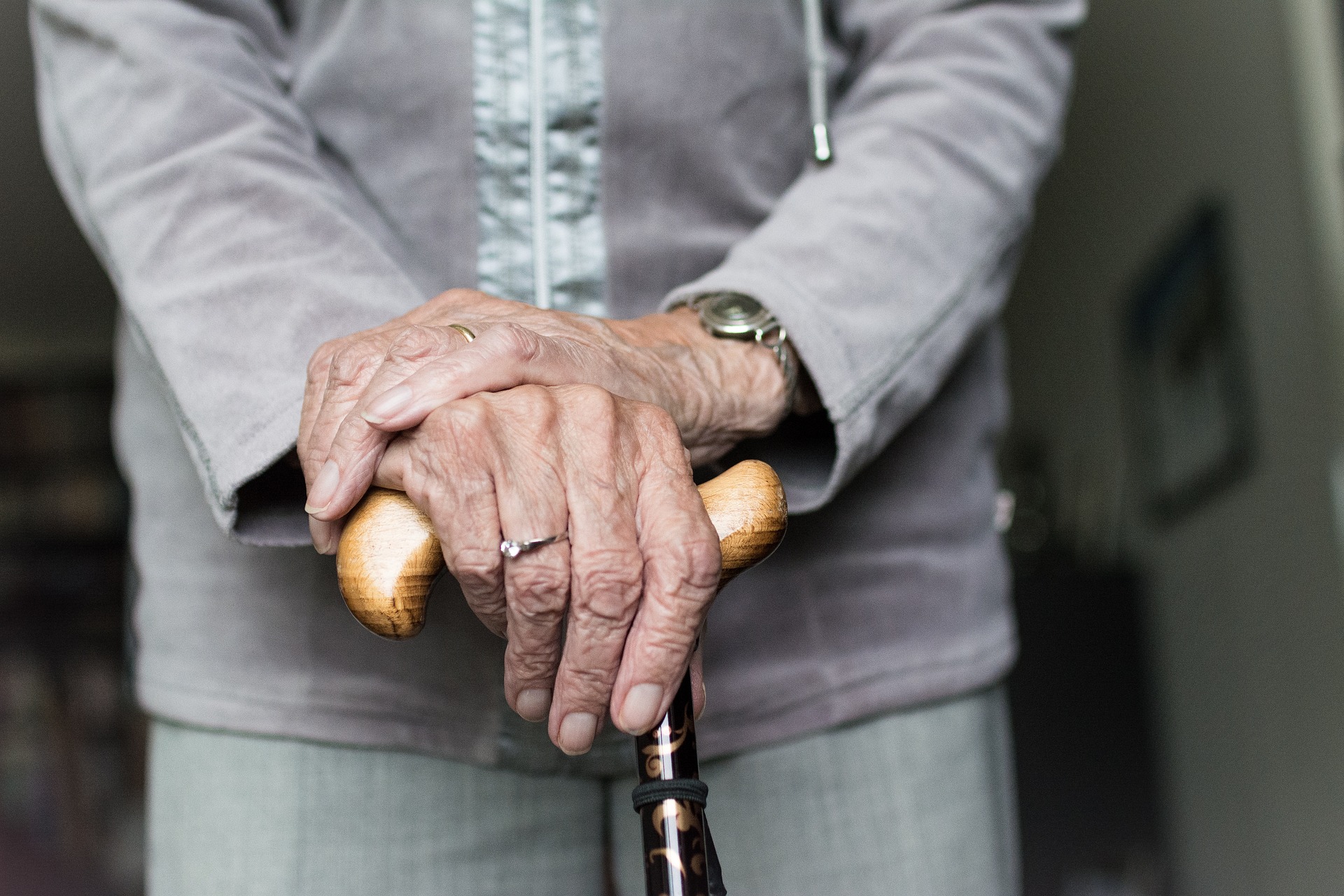Approximately 25% of Americans over age sixty-five take a serious fall each year, which is perhaps not surprising as seniors typically deal with progressive mobility and balance issues. Sadly, the consequences of falls comprise the highest percentage of accident-related deaths among seniors. Falls represent an increased risk of breaking or fracturing a hip, a painful injury that can lead to significant health complications. Recovering from hip fractures, especially for those who are elderly, is challenging and can result in decreased mobility, reduced social engagement, a multitude of medical conditions, and more dependence on caregivers for day-to-day tasks.
With life expectancy increasing across the country, it’s safe to assume that the number of hip fractures among senior citizens will also rise. According to the CDC (Centers for Disease Control), 300,000 seniors are put in the hospital for hip fractures annually, and the vast majority of them – 95% – are the result of the senior experiencing a fall.
Did You Know? Women represent three-quarters of all reported hip fractures, most likely because they develop osteoporosis at a higher rate than men. Cognitive impairment conditions such as dementia, misuse of medication, and hazardous conditions in the home can also cause falls that lead to hip injuries. To keep your senior loved one safe, we recommend the following:
- Removing Hazards: Identify any areas in the apartment or residence that may increase the potential of falling. Store throw rugs and move electrical cords to be positioned under and behind furniture so as not to be a hazard. You can rearrange furniture to create wider corridors for walking. All unnecessary items, such as floor plants, should be removed from the home.
- Safeguarding Your Stairs: Make sure all stairs are safe, without loose boards and protruding nails. Ensure that all staircases are equipped with a handrail that runs the entire length of the stairs and is securely attached to the wall. Consider adding non-slip tape to avoid slippery surfaces for outdoor stairs that may get wet.
- Getting Screened for Osteoporosis: Osteoporosis is a medical condition resulting in loss of bone strength and density. More than 53 million senior citizens either currently have osteoporosis or have elevated risk factors for developing it. However, many living with the condition don’t even realize they have it. Regular bone density screenings, exercise, and increased vitamin D and calcium intake are all recommended steps in combatting osteoporosis.
- Frequent Exercise: It is well known that regular exercise increases bone strength, flexibility, and joint and core strength. These benefits combined can minimize the potential of falling while providing several other health benefits at the same time. For senior citizens, activities such as walking, dancing, light yoga, and Tai Chi are all excellent options for appropriate exercise. (Always check with your physician before beginning any new exercise routine.)
- Make an Eye Appointment: Our eyesight is constantly evolving and changing, and poor or failing vision can result in falls. Senior citizens should schedule an annual eye exam to identify and resolve any prescription adjustments or changes that could impact safety and eye health.
Falling can be both scary and dangerous, and hip fractures can cause even more severe health problems. Consult the family physician to discuss any risk factors that may be present, and allow them to perform a thorough assessment and recommend a plan of action to minimize the risk.
A Banyan Residence is a professional memory care and assisted living facility based in Venice, Florida. Call today to learn more about how we can help you to achieve peace of mind.

